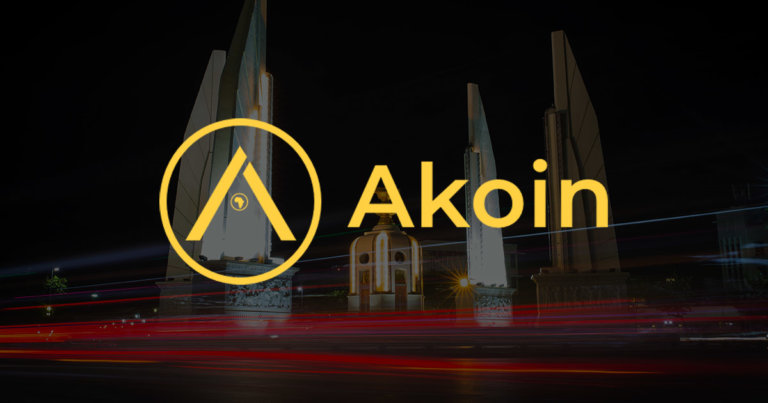 Akon’s $6 billion ‘AkonCity’ is only a placard in a Senegalese greenland
Akon’s $6 billion ‘AkonCity’ is only a placard in a Senegalese greenland Akon’s $6 billion ‘AkonCity’ is only a placard in a Senegalese greenland
Akon’s futuristic city plans might have hit a snag as locals express disappointment about the pace of the project.

Cover art/illustration via CryptoSlate. Image includes combined content which may include AI-generated content.
A little over a year ago, Senegalese-born songwriter Akon proposed to build a new city worth around $6 billion that would be the “beacon of innovation and human development” in Senegal.
At inception, the proposal was greeted with much glamor and enthusiasm, however, a year after and little to nothing has been done except laying of its foundation stone.
While Akon, undeniably, had big dreams and plans for the city —he made several references to the popular fictional African city in the Black Panther movie, Wakanda— the locals who had believed that the new city would usher in a new wave of development and progress are beginning to view it as another failed promise.
Locals losing faith in the project
A local, Jules Thiamane, who has experience in the tourism sector shared the sentiment of other locals about the project.
According to him, the project was launched with many “speeches and promises” however, he continued that, “compared to everything that was announced, I don’t think we have seen much yet.” This view was also shared by another local, Ahmeth Deme, a student, who felt that the project might have been canceled.
The gloomy picture painted above is not shared by all the locals. The president of the Mbodiene village youth association, David Seck Sene, declared that he still has hope for the project and that a project of that magnitude could not just stop.
Construction to begin in October
KE International’s Paul Martin, the firm which won the contract for building the city, revealed that construction of the city would begin by October. According to Martin, over $4 billion have been raised for the city and Kenya’s Julius Mwale is the lead investor for the project.
Martin also highlighted that the first 12 months of the projects had been spent planning, getting approvals, making procurements, and recruiting sub-contractors that would work on the project.
However, question marks remain about the issue of funding for the project especially due to the fact that a World Bank report stated that “40 percent of Senegal’s 16 million people live below the poverty line.”










































































































